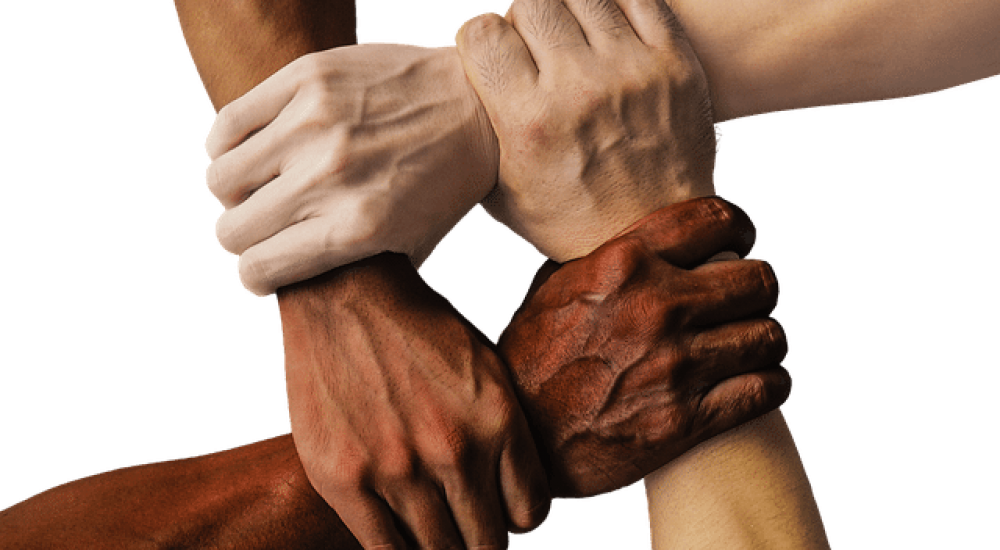At the moment, it appears to be fashionable to assert that we are facing a watershed moment. The liberal world order is decaying fast is a result of both outside pressures and its own internal developments.
Outside Influences
Externally, China has already become a very strong competitor, although one must admit that it does not offer any alternative model to be followed by others.
Russia not only challenges the assumptions of Western liberal democracy, but tries to actively derail it, already with some successes.
There are other ‘new powers’ who do not share our values and express it clearly. This process concerns both the power shift in the world and the loss of Western preponderance on ideas how to run the world.
This phenomenon dates back to 2008 global financial crisis, which was de facto the crisis of Western economic model, and the economies of the West were hit the most. Prior to this, the devastating illegal U.S. (and coalition countries) war in Iraq has strongly contributed to diminishing legitimacy of Western leadership.
Internal Developments
The dynamics from within the Western world are even more worrisome. The EU has somehow survived the multiple, multidimensional, and existential crisis, but next year it may have the biggest Eurosceptic (or Eurohostile) representation in democratically elected European Parliament ever.
The landscape for EU politics may change dramatically and cause further damage to European integration. The EU clearly does have a problem with democracy, identity, decision-making, and legitimacy.
At the same time, Europeans must face not only big challenges in Europe, more and more assertive (sometimes aggressive) powers in the world, but also one of the greatest dangers for the maintenance of Western liberal order: U.S. President Donald Trump. His policies seem to contradict all what we believed to be our cornerstone : multilateral solutions, consensual democratic process, promotion of human rights, free trade, combating the climate change.
The key question is: what should Europe do? It cannot pretend that it will be the sole guardian of Western liberal model. It could be if it were strong enough and much more united. It is not the case, and it will not be.
In the 1990s, Europeans thought that they would “run the 21st century”, as famous book of Mark Leonard stated, that the world is post-modern, and that others will follow the noble example of EU integration. None of this was true.
In fact, it is high time to realize that what we call the “Western liberal order” in reality was much more complicated and nuanced than we had assumed. It was mostly transatlantic, and within this relation there were volatile ups and downs.
The EU has grown under the U.S. military umbrella and very specific circumstances of the divided European continent. In this sense, the U.S. was the “European power” and together we had a relatively similar agenda as regards promoting certain policies via global institutions, although the U.S. has never departed from its exceptionalism.
The EU and the U.S. were together but toa limited extent. For example, for so many decades the EU and the U.S. could not agree its own trade agreement, which could be a “golden rule” of international trade.
Donald Trump simply communicates that this post-WW II story of cooperation is over. But it was never a story of the entire world. From a non-Western point of view, the most important post-WW II history was not about the Cold War, but about decolonization process. While the EU was created to tame nationalism and sovereignty, for the non-Western world’s sovereignty it was the building block and protector against foreign intervention.
When Europeans speak today about the crumbling Western liberal order and the consequences that we draw for our actions, we should really not shy away from what it really meant. Promotion of democracy, human rights, market economy, and rule of law was extremely important, but it had really brought much more diffused results than anticipated.
We should be more modest in describing history of the West. The EU should take a look on its closest neighborhood to see this problem clearly.
The world order that is yet to come will neither be hegemonic, nor multipolar. These are old notions, which do not reflect much more complicated reality. It will be polycentric, multiactored, networked, and multilevel.
Structurally, the EU is very well suited to play one of the leading roles. If only it has a clear global agenda, acts in unison, and draws more thorough lessons from its difficult path to maturity.



